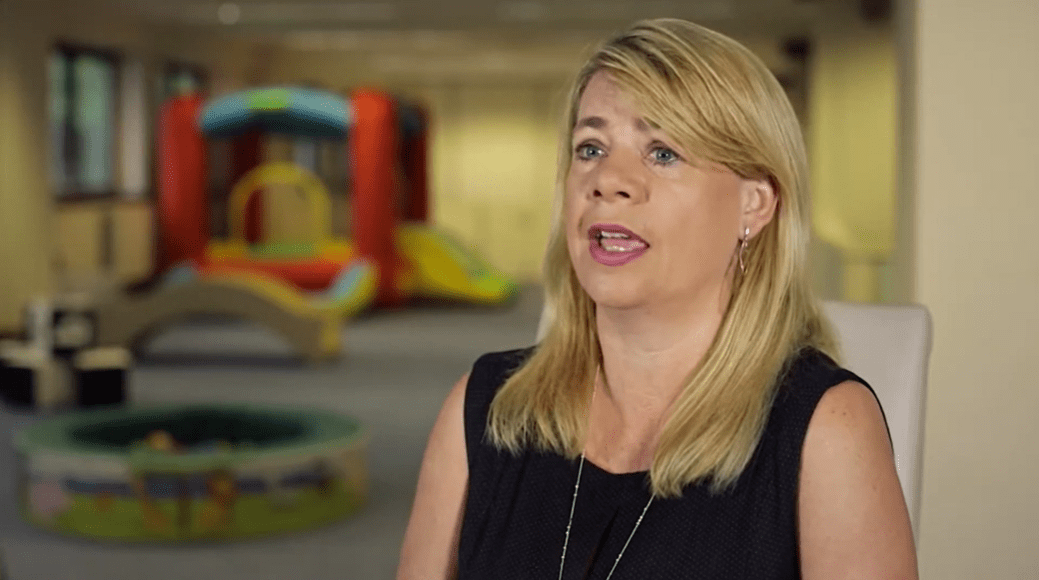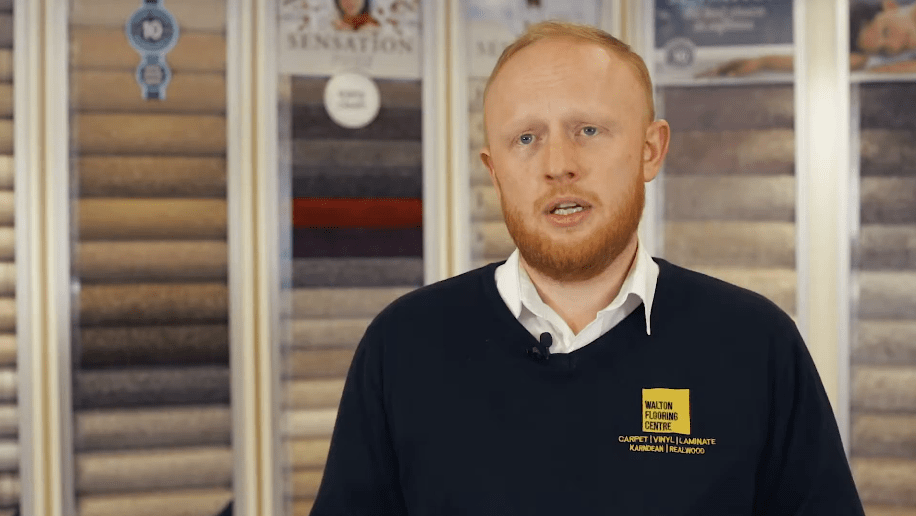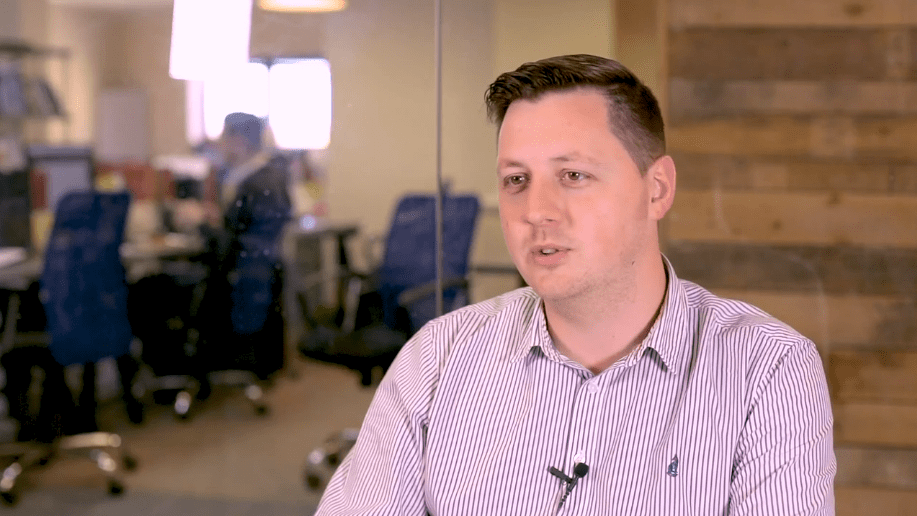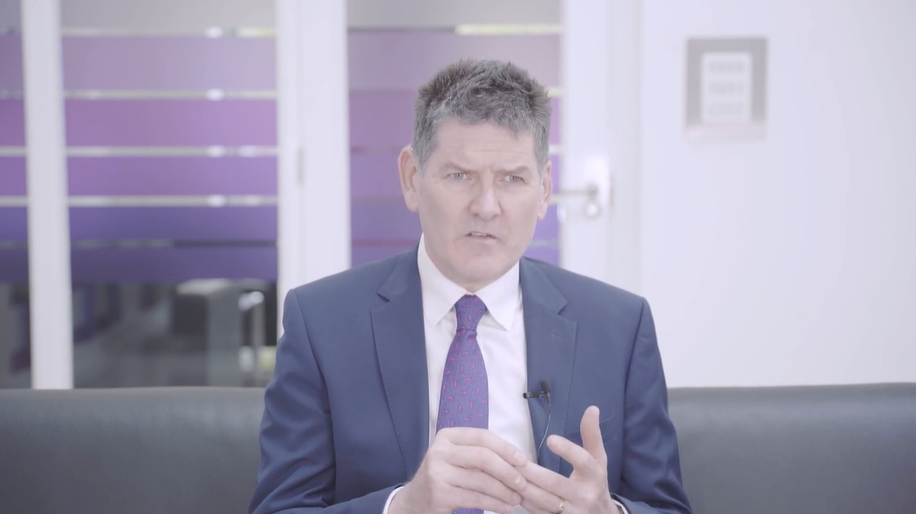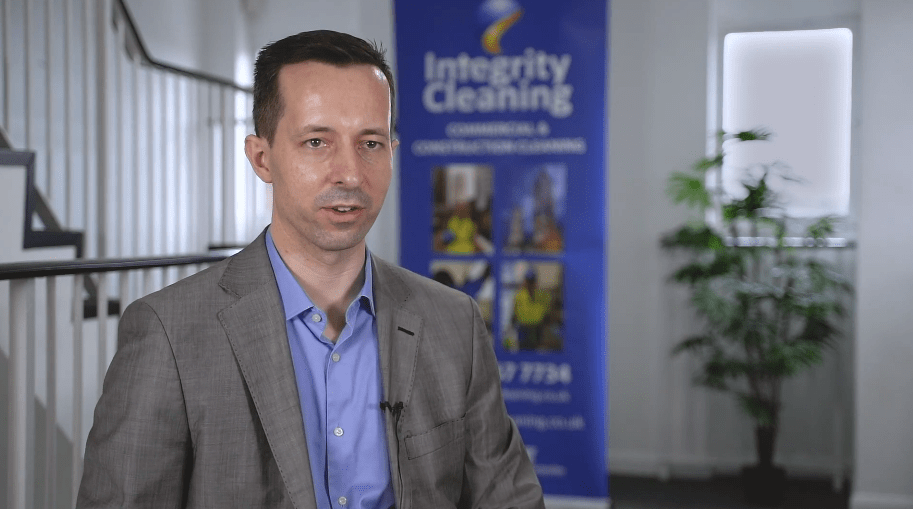How to write a business plan
“If the plan doesn’t work, then change the plan, not the goal.”
So, you’ve got an amazing idea for a business, you’ve been thinking about it for a while and have most of it mapped out in your head, but where do you go from here? A Business Plan. You’ve heard this term thrown around before, but don’t really understand what one is and how to make one, well you are in the right place.
Create the business that gives you the life you’ve always dreamed of…
What is a business plan?
A business plan is a document that outlines the key aims and goals of the business and how you’re going to achieve these. Outlining the marketing strategies, financial projections, and operational plans. This should entail key measurements of success and how you’re going to achieve these.
But it shouldn’t be a document you write and throw away in the draw letting it get dusty. A business plan is a living breathing document that can help keep you on track; it’s the foundation for you to create a sustainable, profitable business.
Business plans usually come in two forms, Traditional and Lean. A traditional business plan is detailed and comprehensive. Writing in-depth for each section to fully understand you and your business. A bank or investor may want to see this to evaluate your business. A lean business plan is simply a watered-down version of the full plan. It still contains all the vital information for your business, but it is much quicker to write and can get you started.
Here are the 7 steps to get you started on your business plan and turn your great idea into a reality:

Executive summary
The first and potentially most important section is the executive summary. This is the first section that anyone will read and must be compelling. Provide a summary of your business that convinces them to read further. This section shouldn’t be too long and act as introduction to the rest of the plan.
- What does your business do?
- What is your business vision and goals?
- What do you sell?

Company description
Now you’ve explained the business, now it’s time to bring you into the equation. Often with start-ups and small businesses the owner possesses the key skill that in turn you sell as your product. This is the place to tell your reader who you are and what you plan to do? This gives the reader a great insight into why you are in business.
This is a great time to explain about your competitive advantage. What do you have that others don’t? Do you have years of experience in the market? Do you have a unique skill that not many people can do?

Market analysis
Conducting market analysis will help you understand the market you intend to do business in. This shows an understanding of your market and the business’ industry.
In this section it’s important to define your target market. Who is your ideal customer? It’s good to have a good understanding of who your customers are. This section can be a mixture of research and experience. If you have worked in the industry for many years before going solo, you have great insight into the industry. This is the section to let your knowledge and experience come through.
- A description of your market: Size, growth potential, trends
- Details of your target market: Who? Where? Demographics?
- The Market share you aim to obtain

Management and organisation
This is where you can break down how your company is going to be run and the people involved. Outline management roles and responsibilities, the organizational structure and who is accountable for which task and department.
It’s likely if you’re a start-up or small business, you might be a one-person band. In which case this might not be vital you do to begin with, but it will be helpful when you come to recruit.

Competitor analysis
A key area when starting your business is understanding your competitors. Understanding and defining your competition will help you focus where your business fits in the market landscape. Being able to differentiate yourself from your competitors in the marketplace will be key to your success. Think about the following:
- Your main competitors’ strengths and weaknesses
- Strategies that will allow you to stand out. Expertise, accessibility, or quality for example.

Define a marketing plan
Now you know what your product or service is, the market you’re going to be entering and the who you want to sell to. You can now strategize on how you’re going to market your product or service to your potential customers. Think about these questions:
- How are you going to get your product/service in front of your ideal customer?
- How do you differentiate your product/service from your competitors?
- How does a customer buy your products or service?
Financial statements
The final and potentially most crucial section of your business plan is the financial section. This section outlines the financial position of your business in its current state or with future projections if you haven’t started yet.
The level of detail needed will vary depending on the audience this is for, but you’ll want to include three primary areas: Income Statement, balance sheet and cash-flow forecast.
Income statement
This is exactly what it sounds like, outline the revenue sources and expenses over a given period. Including income generated by your business, cost of goods, gross profit margin, operating costs, net profit before and after taxes, and total expenses.
Cashflow forecast
A cashflow forecast or statement outlines when you will receive money and when you will pay any debtors. Allowing you to have an overview of when you will be paid and when you need to pay, ensuring you always have money to cover any shortfall. It should include information as sales, receivables, total income, marketing, and all overheads.
Balance sheet
A balance sheet describes the amount of assets, liabilities, and equity in the business
Assets – short term assets such as cash, inventory, or long-term assets such as property
Liabilities – Current debts such as accounts payable and taxes and long-term such as a mortgage
Equity – This is the difference between your total assets and total liabilities, this can be important for investors to evaluate your company.
You might also be interested in:
Help me with
How to improve sales conversions
So, you’ve devised an excellent lead-generation strategy and got your team working on it. The crucial question is: are your efforts paying off in ...
Learn moreHelp me with
How to write a business plan
A business plan is a document that outlines the key aims and goals of the business and how you’re going to achieve these. Outlining the marketing ...
Learn moreHelp me with
How to create a passive income from my business
Along with selling your business for a substantial profit, earning a passive income from your business is the holy grail that most entrepreneurs are ...
Learn moreHelp me with
How to master my business finances
Finance and accounting are not the 'dark arts' that many business owners, leaders and entrepreneurs often consider them to be. Rather, they are the ...
Learn moreCoaching
Is business coaching right for me?
There's no doubt that a good business coach will help keep you focused and on track to achieving your goals. They will help transform your ...
Learn moreHelp me with
How to sell my business for a substantial profit
You’ve likely spent your life building your business. You’ve spent countless hours in the evenings and weekends working, missed family time and not ...
Learn moreCoaching
How does business coaching work?
Business Coaching can help owners, leaders, and senior executives to set better goals, reach their goals faster, make better decisions and improve ...
Learn moreHelp me with
How to increase personal productivity
When working with local businesses through growth or scale-up; one of the key areas where owners and leaders need the most help is 'How to Maximise ...
Learn moreCoaching
Should I hire a business coach?
Business owners who want to scale their companies, increase their profits and have more personal choice often hire a business coach to help them get ...
Learn moreCoaching
What are the benefits of hiring a business coach?
Hiring a business coach will change how you think, work, and act. A world-class business coach will help you achieve your goals faster and by ...
Learn moreHelp me with
How to build a high performing team
A high-performance team is a group of highly skilled people who focus on achieving a common business goal. The team strive for excellence and have ...
Learn moreHelp me with
How to generate more leads
It is the eternal question when it comes to sales excellence. Business leaders are constantly searching for new ways to grow their business by ...
Learn moreCoaching
How much does business coaching cost?
The simple answer is 'that depends.' Before we explore the options, it is important to recognise that business coaching should be viewed as an ...
Learn moreCoaching
What is business coaching?
Business coaching has many different facets and styles. Whatever the structure or style of your programme, your business coach will guide you through ...
Learn moreHelp me with
How to prepare your business for exit
This is where an exit strategy comes into play. An exit strategy ensures the business your leaving is going to keep on growing in your absence. A ...
Learn moreReal people, real results
See how business leaders just like you have partnered with ActionCOACH NextLEVEL and used our proven tools, systems, and frameworks to achieve dramatic, sustainable personal and business growth.
Since working with Action Coach, Jo Maltby of Willow Brooke Day Nursery has seen gross profits increase from 750K to 1.1M! With the help of tools and strategies from ActionCOACH she has been able to hire 29 new team members and significantly reduce her working hours to prioritise family time.
Jo Maltby, Managing Director, Willow Brooke Day Nursery
James Harper of Walton Flooring got in touch with ActionCOACH and started seeing results with his team within 2 months. Walton Flooring has now doubled the size of its team and seen a profit increase of over £80,000!
The company has been shortlisted for 2 national awards and James is able to do the school run and spend more time with his daughters - "If I didn't have my ActionCOACH I don't think I'd be here today"
James Harper, Business Owner, Walton Flooring Centre
Since working with ActionCOACH, James and Sam have seen and increase of 116% in net profit with 8 new team members onboarded. They've achieved a better work life balance and are able to work on the business rather than in the business.
Sam George and James Dean, Director and Managing Director, Western Building Consultants
We want to be £2M+ business in the next five years. Most Business Owners have that excitement, they have their goal but it's difficult to see it. When you start coaching you get to see it, it starts to become clearer and therefore you believe it's more attainable. We're solicitors, we were never trained to run a business. A business coach is a fantastic asset, it pays for itself, supports itself, brings in much much more than just the coaching to your business. - Bill Barton, Managing Director of Barton Legal.
Bill Barton, Managing Director, Barton Legal
ActionCOACH was able to implement a structure that works, and they were able to instantly land a 6-figure contract for Integrity Cleaning which happen to be one of the largest in Canary Wharf, London. - Luke Murfitt, Managing Director of Integrity Cleaning.
Luke Murfitt, Managing Director, Integrity Cleaning
It's transformative and until you actually do it you don't realise how much it can benefit yourself and your business, it's not just focused on the business. - Jim Mckellar, Managing Director of Orchard View Farm.
Jim Mckellar, Managing Director, Orchard View Farm
How to get started with ActionCOACH NextLEVEL
FREE coaching session
Book a complimentary business growth discussion with one of our award- winning, certified business coaches.
 Book now
Book now
FREE business scorecard
Understand your current business performance and discover how to increase productivity and effectiveness in your life and business.
 Experience now
Experience now

